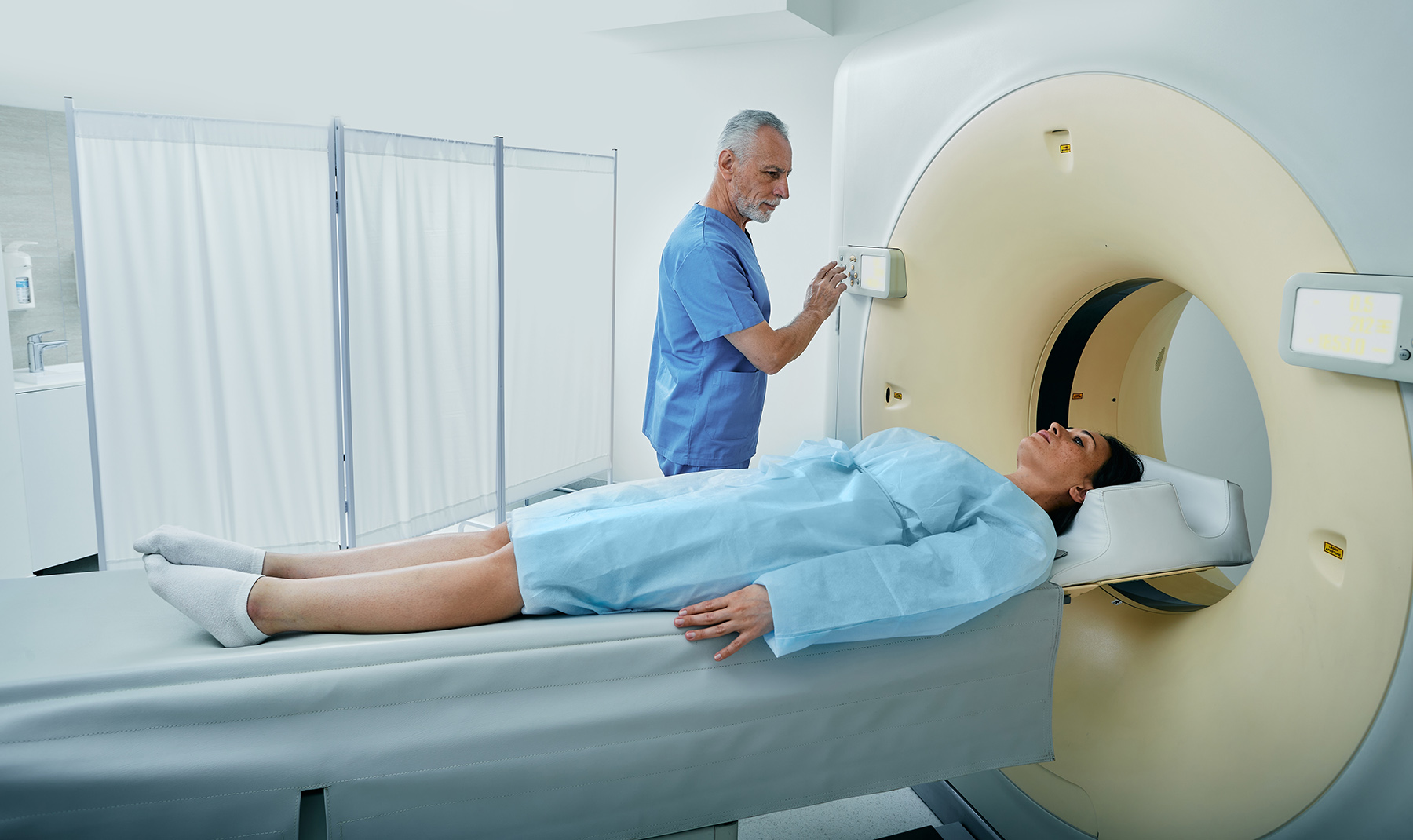
Patient Focus. Expertise. Technology.
General Imaging
Discover Windsong Radiology
A diagnostic radiology center of excellence where personalized service, world-class imaging, and compassion meet.
Imaging and Procedures
The quality of imaging and the accurate diagnosis of its content can make a major difference in a patient’s treatment plan. Windsong utilizes advanced technology and has a team of highly trained, certified technologists to ensure a quality scan and a positive patient experience. All imaging studies are interpreted by our fellowship-trained, board-certified radiologists who represent all subspecialties.


Our Physicians
Windsong’s physicians are board-certified and subspecialized, making them true experts in their fields of study – able to catch subtle differences that others may miss.






